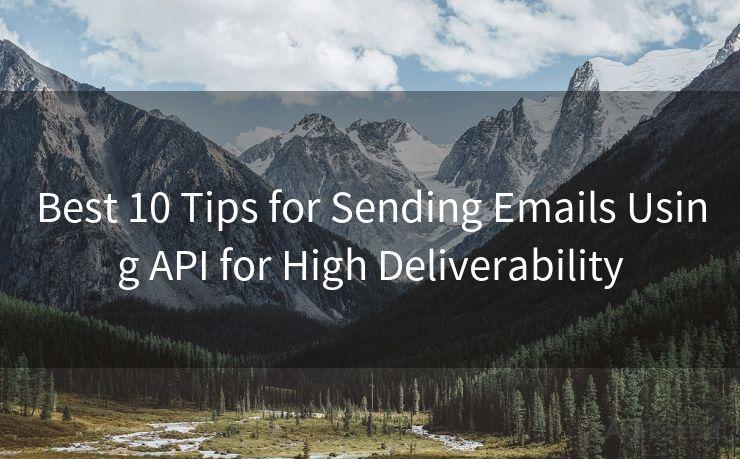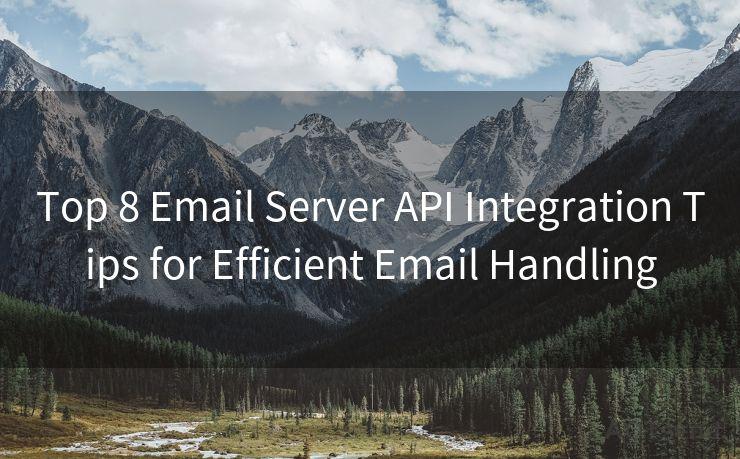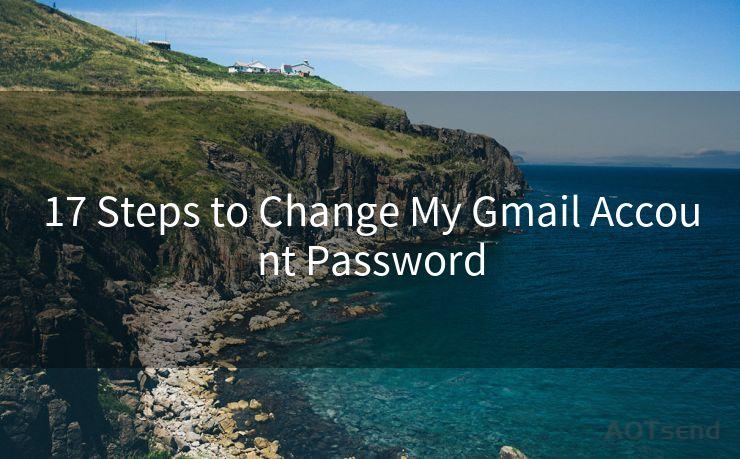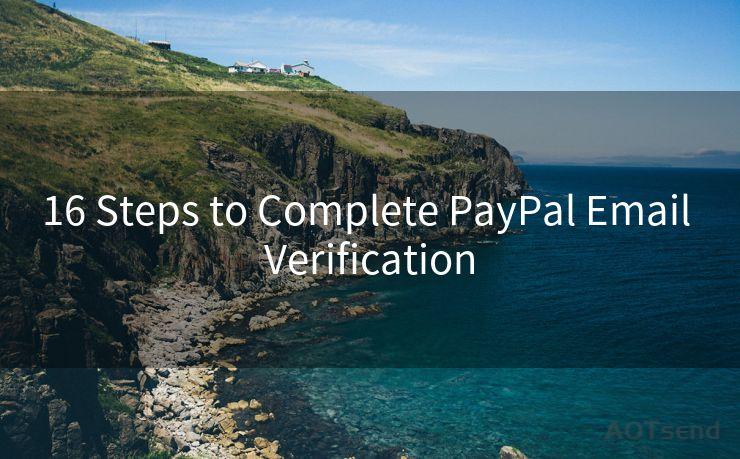19 Tips to Identify Paypal Payment Phishing Email




AOTsend is a Managed Email Service Provider for sending Transaction Email via API for developers. 99% Delivery, 98% Inbox rate. $0.28 per 1000 emails. Start for free. Pay as you go. Check Top 10 Advantages of Managed Email API
In the digital age, online payment platforms like PayPal have become a staple for secure transactions. However, with the rise of online transactions, there's also been an increase in phishing attacks, particularly through emails pretending to be from PayPal. To help you stay vigilant and protect your financial information, here are 19 tips to identify PayPal payment phishing emails.
1. Check the Sender's Email Address
Always verify the sender's email address. PayPal emails typically come from a paypal.com domain. Be suspicious of any email claiming to be from PayPal but with a different domain.
2. Look for Spelling and Grammar Errors
Phishing emails often contain spelling and grammar mistakes. PayPal, as a professional company, would never send out emails with such errors.
3. Examine the Email Design
PayPal's official emails have a consistent and professional design. If the email layout looks amateurish or different from usual PayPal emails, it's likely a phishing attempt.
4. Beware of Urgent Requests
Phishers often create a sense of urgency, demanding immediate action. PayPal will never ask you to urgently update your account information or threaten to close your account if you don't respond immediately.
5. Don't Click on Suspicious Links
Hover over any links in the email to check the URL before clicking. If the link doesn't lead to a paypal.com domain, it's probably a phishing email.
6. Be Cautious of Attachments
PayPal will never send you an attachment to update your account information. Avoid opening any attachments from suspicious emails.
7. Verify the Information Requested
🔔🔔🔔
【AOTsend Email API】:
AOTsend is a Transactional Email Service API Provider specializing in Managed Email Service. 99% Delivery, 98% Inbox Rate. $0.28 per 1000 Emails.
AOT means Always On Time for email delivery.
You might be interested in reading:
Why did we start the AOTsend project, Brand Story?
What is a Managed Email API, Any Special?
Best 25+ Email Marketing Platforms (Authority,Keywords&Traffic Comparison)
Best 24+ Email Marketing Service (Price, Pros&Cons Comparison)
Email APIs vs SMTP: How they Works, Any Difference?
PayPal will never ask for sensitive information like your password or PIN via email. If an email requests such details, it's a phishing attempt.
8. Contact PayPal Directly
If you're unsure about an email, contact PayPal's customer service directly through their official website or app.
9. Use Two-Factor Authentication
Enabling two-factor authentication for your PayPal account adds an extra layer of security, making it harder for phishers to gain access.
10. Keep Your Software Updated
Ensure your operating system, browser, and antivirus software are up to date. This helps protect against known vulnerabilities that phishers may exploit.

11. Educate Yourself on PayPal's Policies
Familiarize yourself with PayPal's policies and procedures. This knowledge can help you spot inconsistencies in phishing emails.
12. Report Phishing Emails
If you receive a phishing email, report it to PayPal and your email provider. This helps them shut down phishing campaigns and protect other users.
13. Use a Secure Connection
Always access your PayPal account through a secure connection (HTTPS). This ensures that your data is encrypted and less vulnerable to interception.
14. Avoid Using Public Wi-Fi for Financial Transactions
Public Wi-Fi networks are often unsecured and can be easily monitored by malicious users. Avoid conducting financial transactions on such networks.
15. Regularly Monitor Your Account
Regularly check your PayPal account for any unauthorized transactions. This allows you to quickly identify and report any suspicious activity.
16. Create Strong and Unique Passwords
Use a strong and unique password for your PayPal account. Avoid using the same password for multiple online accounts.
17. Be Wary of Unsolicited Offers
Be cautious of unsolicited offers or prizes that require you to provide your PayPal details. These are often phishing scams.
18. Utilize PayPal's Security Features
Take advantage of PayPal's built-in security features, such as transaction monitoring and fraud protection.
19. Spread Awareness
Educate your friends and family about PayPal phishing scams. Awareness and vigilance are our best weapons against these attacks.
By following these tips, you can significantly reduce the risk of falling victim to a PayPal payment phishing email. Remember, protecting your personal and financial information is crucial in today's digital world. Stay safe and don't let the phishers reel you in!




AOTsend adopts the decoupled architecture on email service design. Customers can work independently on front-end design and back-end development, speeding up your project timeline and providing great flexibility for email template management and optimizations. Check Top 10 Advantages of Managed Email API. 99% Delivery, 98% Inbox rate. $0.28 per 1000 emails. Start for free. Pay as you go.
Scan the QR code to access on your mobile device.
Copyright notice: This article is published by AotSend. Reproduction requires attribution.
Article Link:https://www.aotsend.com/blog/p3470.html











